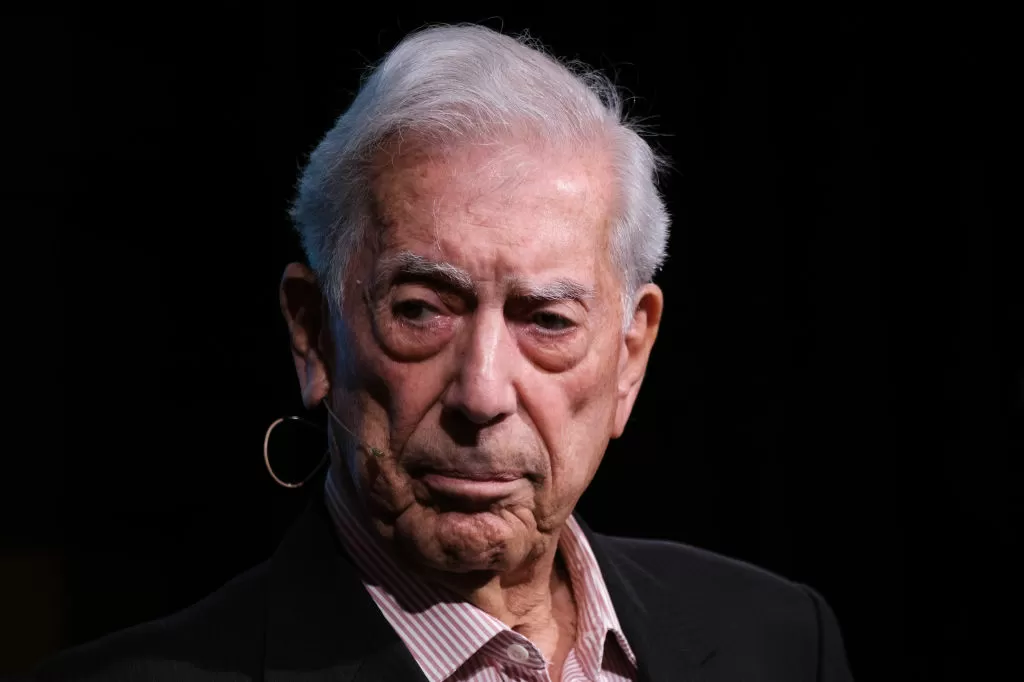Mario Vargas Llosa, the renowned Peruvian novelist and essayist, has been a towering figure in Latin American literature for many decades. His prolific writing career has captivated readers around the world and has earned him numerous prestigious awards. In 2010, he was finally recognized with the highest honor in the literary world – the Nobel Prize in Literature.
Born in Arequipa, Peru in 1936, Vargas Llosa’s childhood was marked by a love for reading and writing. His early education was influenced by his grandparents, who introduced him to the world of literature and instilled in him a passion for storytelling. This passion would later become the driving force behind his exceptional writing career.
Vargas Llosa’s literary journey began with his debut novel, “The Time of the Hero,” published in 1963. The novel, which was based on his own experiences at a military school, was met with critical acclaim and established him as a promising young writer. Over the next few decades, Vargas Llosa would go on to publish numerous novels, essays, and plays, each one showcasing his remarkable talent for storytelling and his profound understanding of the human condition.
One of his most celebrated works, “Conversation in the Cathedral,” published in 1969, explored the political and social upheavals in Peru during the 1950s. With its richly layered characters and intricate plot, the novel cemented Vargas Llosa’s reputation as a master of the literary craft. He continued to produce groundbreaking works, including “The War of the End of the World” and “The Feast of the Goat,” which delved into the complex political landscapes of Latin America.
Aside from his prolific career as a novelist, Vargas Llosa also made significant contributions to the world of journalism and essay writing. He wrote extensively on topics such as politics, culture, and literature, offering insightful and thought-provoking commentary on various issues. His articles and essays were widely acclaimed for their depth and clarity of thought.
But it was not just his literary achievements that set Vargas Llosa apart. Throughout his career, he has been a vocal advocate for freedom of expression and democracy, often using his writing as a medium to challenge political and social injustices. In 1990, he became a candidate for the Peruvian presidency, running on a platform of promoting democracy and political reform. Although he did not win the election, his courageous stance and unwavering principles earned him respect and admiration from around the world.
In 2010, Vargas Llosa’s outstanding contributions to literature were finally recognized with the Nobel Prize in Literature. The Nobel Committee praised him for his “cartography of structures of power and his trenchant images of the individual’s resistance, revolt, and defeat.” The award also acknowledged his use of a diverse range of literary genres, which have had a lasting impact on the literary landscape.
Receiving the Nobel Prize was a momentous occasion for Vargas Llosa, who had dedicated his life to the pursuit of literature. In his acceptance speech, he expressed his gratitude to his readers, saying, “I have always thought that literature is a way of saying ‘I am alive.'” He also shared his hopes for the future of literature, emphasizing the importance of preserving the freedom to express oneself through writing.
Today, at the age of 84, Vargas Llosa continues to write and inspire readers with his powerful words. His literary legacy is one that will continue to shape and influence the generations to come. He remains a true giant of Latin American letters, whose works have transcended borders and touched the hearts and minds of people all over the world.
In conclusion, Mario Vargas Llosa’s contributions to literature and his unwavering dedication to freedom and democracy make him a true role model and a source of inspiration for writers and readers alike. His Nobel Prize win is a testament to his immense talent and the impact his works have had on the literary world. As we celebrate his achievements, let us also remember his words, “Literature is the expression of a feeling of happiness, a feeling of serenity, which is the consequence of a certain balance or harmony of soul.”


